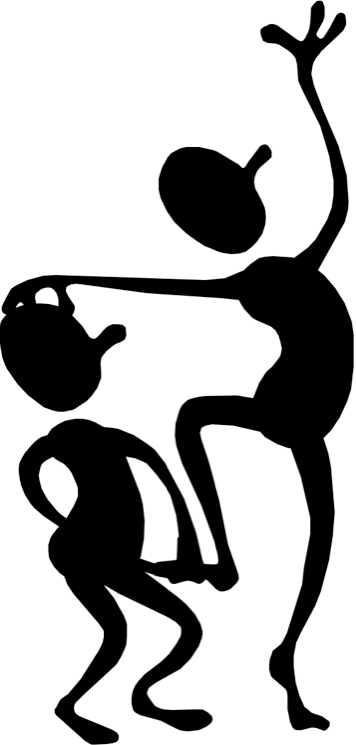Always remember, to ask WHY before WHAT before HOW when you want to lead a group of people to shared understanding.
Success begins with developing common ground as to WHY a group has come together to plan, analyze, or design. Use of our Purpose Tool quickly builds an integrated viewpoint that coalesces the intent and purpose behind anything—from a large organization to a small product or process. Appealing to WHY something exists leads to meaningful suggestions about WHAT to do to support the purpose.
Create clear deliverables before your meeting, but start your meeting either building or confirming the purpose of the object of your deliverables. For example, if creating a simple decision about a gift for someone, determine the purpose of the gift first. Next prompt for gift ideas and decision criteria. Some in the group may be serious while others could treat the gift as a “gag” (i.e., comedic relief). Best to reach an understanding about the purpose of the gift before launching into gift ideas.
Support the Purpose
Contrasting the abstract with the concrete yields insight into the simple difference between WHAT and HOW. WHAT groups may need includes decisions, plans, and amplified understanding. Any discussion about deliverables such as decisions, plans, and prioritization should always appeal to WHAT is required to support WHY the common purpose exists and align with WHY it is important.
Likewise, detailed design and HOW things get done may also appeal to WHY it exists. In a safety-sensitive culture, for example, the risk of injury and potential damage to health, safety, or environment must be reconciled with WHY something exists. To prevent 100 percent risk abatement may be too expensive, so strive to reduce as much potential injury as common sense, timing, and budget allow.
______
Don’t ruin your career by hosting bad meetings. Sign up for a workshop or send this to someone who should. MGRUSH workshops focus on meeting design and practice. Each person practices tools, methods, and activities every day during the week. Therefore, while some call this immersion, we call it the road to building high-value facilitation skills.
Our workshops also provide a superb way to earn up to 40 SEUs from the Scrum Alliance, 40 CDUs from IIBA, 40 Continuous Learning Points (CLPs) based on Federal Acquisition Certification Continuous Professional Learning Requirements using Training and Education activities, 40 Professional Development Units (PDUs) from SAVE International, as well as 4.0 CEUs for other professions. (See workshop and Reference Manual descriptions for details.)
Want a free 10-minute break timer? Sign up for our once-monthly newsletter HERE and receive a timer along with four other of our favorite facilitation tools, free.

Terrence Metz, president of MG RUSH Facilitation Training, was just 22-years-old and working as a Sales Engineer at Honeywell when he recognized a widespread problem—most meetings were ineffective and poorly led, wasting both time and company resources. However, he also observed meetings that worked. What set them apart? A well-prepared leader who structured the session to ensure participants contributed meaningfully and achieved clear outcomes.
Throughout his career, Metz, who earned an MBA from Kellogg (Northwestern University) experienced and also trained in various facilitation techniques. In 2004, he purchased MG RUSH where he shifted his focus toward improving established meeting designs and building a curriculum that would teach others how to lead, facilitate, and structure meetings that drive results. His expertise in training world-class facilitators led to the 2020 publication of Meetings That Get Results: A Guide to Building Better Meetings, a comprehensive resource on effectively building consensus.
Grounded in the principle that “nobody is smarter than everybody,” the book details the why, what, and how of building consensus when making decisions, planning, and solving problems. Along with a Participant’s Guide and supplemental workshops, it supports learning from foundational awareness to professional certification.
Metz’s first book, Change or Die: A Business Process Improvement Manual, tackled the challenges of process optimization. His upcoming book, Catalyst: Facilitating Innovation, focuses on meetings and workshops that don’t simply end when time runs out but conclude with actionable next steps and clear assignments—ensuring progress beyond discussions and ideas.




